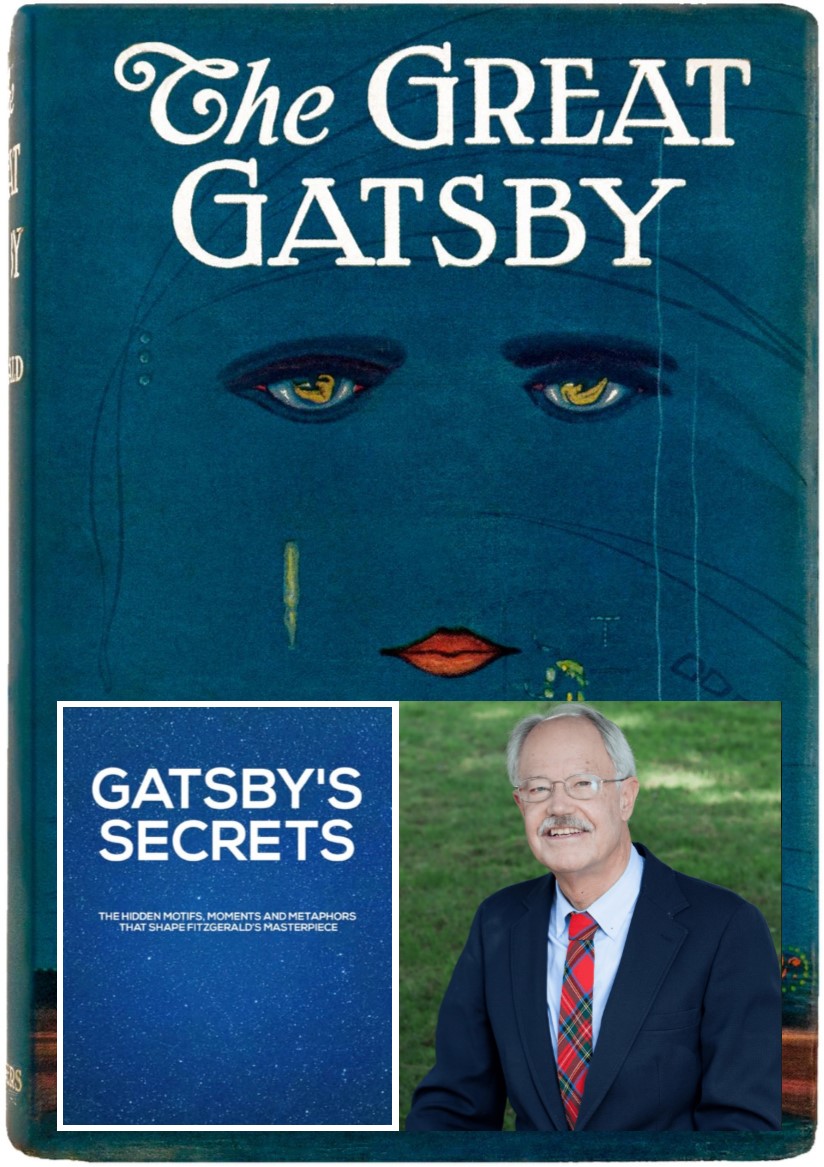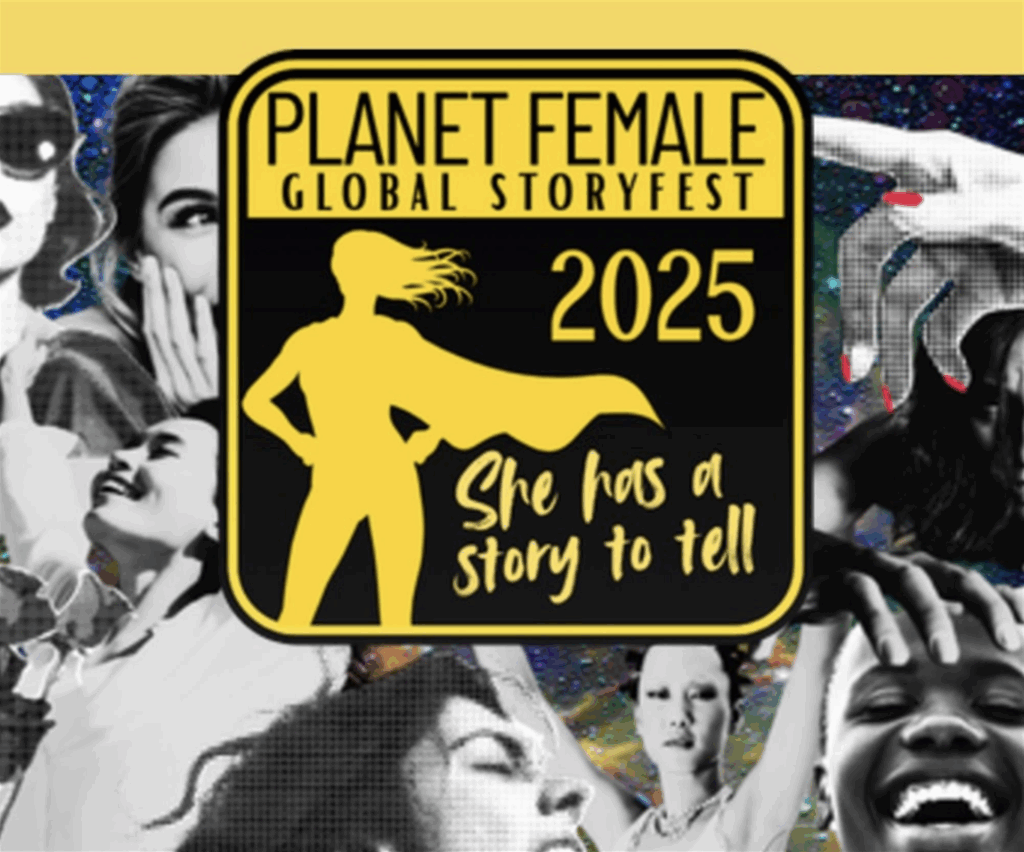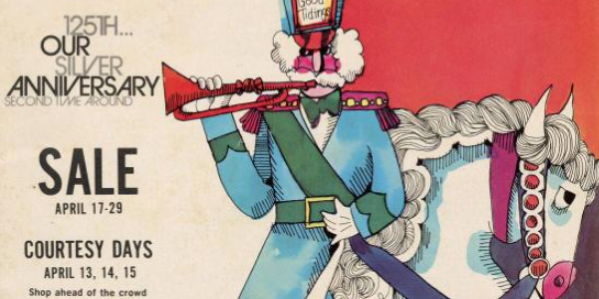
- This event has passed.
“Gatsby’s Secrets”: Author talk with Rob Kyff (in-person)
May 19 @ 6:30 pm - 7:30 pm
Free
What makes F. Scott Fitzgerald’s The Great Gatsby so compelling and enduring? As we mark the centennial of the novel’s publication, Rob Kyff, author of the new book Gatsby’s Secrets, will answer that question.
April 10, 2025, will mark the 100th anniversary of the publication of F. Scott Fitzgerald’s masterpiece, “The Great Gatsby.” As this centennial approaches, those of us who first read the novel in high school or college English classes probably retain elusive memories of a mysterious millionaire, an enchanting rich girl, extravagant parties, and perhaps something about a green light at the end of a dock.
But when we first encountered Fitzgerald’s novel as teenagers or young adults, most of us were probably too young to appreciate its themes of aspiration, love and futility, or its exquisite language, sly humor and intricate structure. We might not have noticed the threads of imagery, metaphor and symbols that weave through the novel and subtly shape its ultimate meaning.
By offering a fresh and vigorous perspective on Fitzgerald’s masterpiece, Gatsby’s Secrets will illuminate a score of compelling reasons to return to The Great Gatsby, including the novel’s intriguing narrator, rich settings, ingenious structure, complex characters, exquisite language, wry humor, metaphoric motifs, portrayal of the 1920s, and definitions of the American dream. Most important, we need to read and re-read this novel because it offers a compelling exploration, not only of our own human hearts, but of the many challenges that now face humankind: greed, illusion, racism, sexism, violence, ignorance, technology, environmental destruction, dishonesty, economic, inequality, selfishness and indifference.
Gatsby’s Secrets is personal, conversational and observational. Written with warmth, wit and an occasional wink, this book is aimed, not at academics and scholars, but at a general audience of readers already familiar with the novel. Rob will describe how Fitzgerald weaves thematic elements as disparate as water, vision, ghosts, numbers, and stars into the fabric of the novel’s meaning; how secondary characters such as Jordan Baker, Myrtle Wilson and Blocks Biloxi parallel the main characters, contributing essential perspectives and comic relief; and how Fitzgerald chooses words precisely to craft the exquisite, rhapsodic passages that have been called “touchstones of American prose.”
About Rob Kyff: A native of Armonk, N.Y., Kyff earned a B.A. magna cum laude at Amherst College and an M.A. in American studies at the University of Minnesota, where he served as a teaching assistant. He has taught English and history at Kingswood Oxford School in West Hartford, Connecticut, since 1977 and has also served as the school’s director of public affairs, editor of its alumni magazine, and faculty advisor to its student newspaper.
He has written three books: “Word Up! A Lively Look at English” (iUniverse, 2000), “Once Upon a Word – True Tales of Word Origins” (Tapestry Press, 2003), and “Mark My Words” (Creators Publishing, 2021). Kyff’s essays on American history and literature, including writers such as Robert Frost, Herman Melville, Walt Whitman and Thornton Wilder, have appeared in the Washington Post, Chicago Tribune, Boston Globe, and Baltimore Sun, and his articles and personal essays have appeared in Reader’s Digest, American History Magazine, and Northeast Magazine. He also wrote two chapters for “Speaking Freely: A Guided Tour of American English.”
Please register.
Books will be for sale at this event.







